We may earn money or products from the companies mentioned in this post. This means if you click on the link and purchase the item, I will receive a small commission at no extra cost to you ... you're just helping re-supply our family's travel fund.
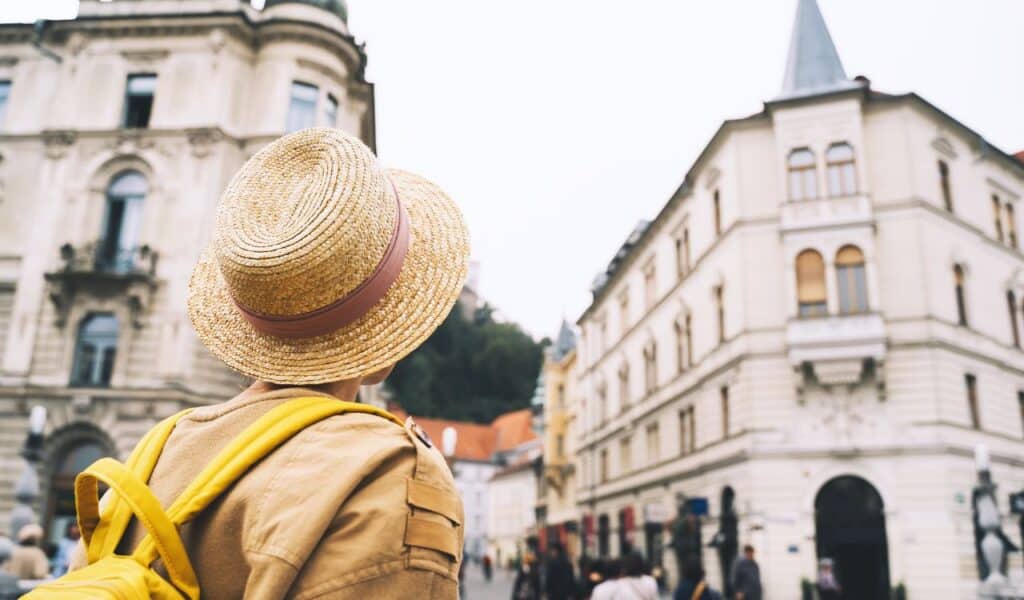
Before a first solo trip, the world feels mapped by other people’s plans; after, the same streets look different, and so does life back home. What changes isn’t just the itinerary, it’s the lens: decisions made alone sharpen confidence, chance conversations deepen empathy, and ordinary routines get reweighted by what truly matters, a shift many solo travelers report in surveys and personal accounts.
New eyes for home and world
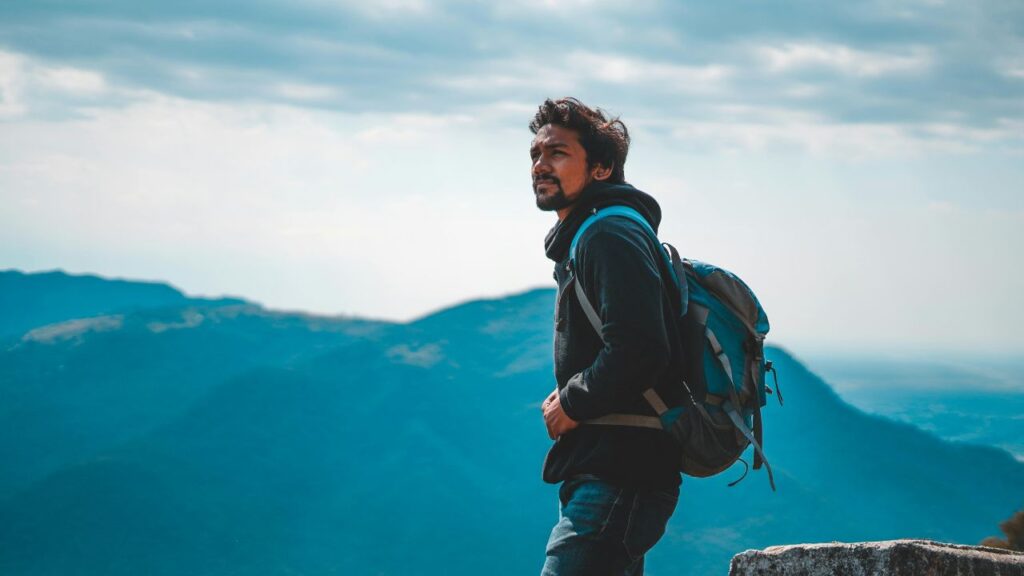
Returning with “new eyes” is a common refrain, with heightened gratitude for health, family, and essentials like access to care and education, alongside reframed priorities. The contrast effect is powerful, as unfamiliar contexts make the familiar more visible, and the appreciation tends to persist long after the trip, influencing choices about how time and attention are spent back home.
Radical freedom clarifies priorities

Removing compromise lets curiosity set the day, revealing what genuinely matters rather than what a group agrees to do. This autonomy is a top reason people travel solo and is commonly linked by travelers to a stronger sense of satisfaction, because choices align tightly with personal values and energy, not consensus or fixed schedules, yielding trips that feel distinctly personal.
Embodied confidence under uncertainty
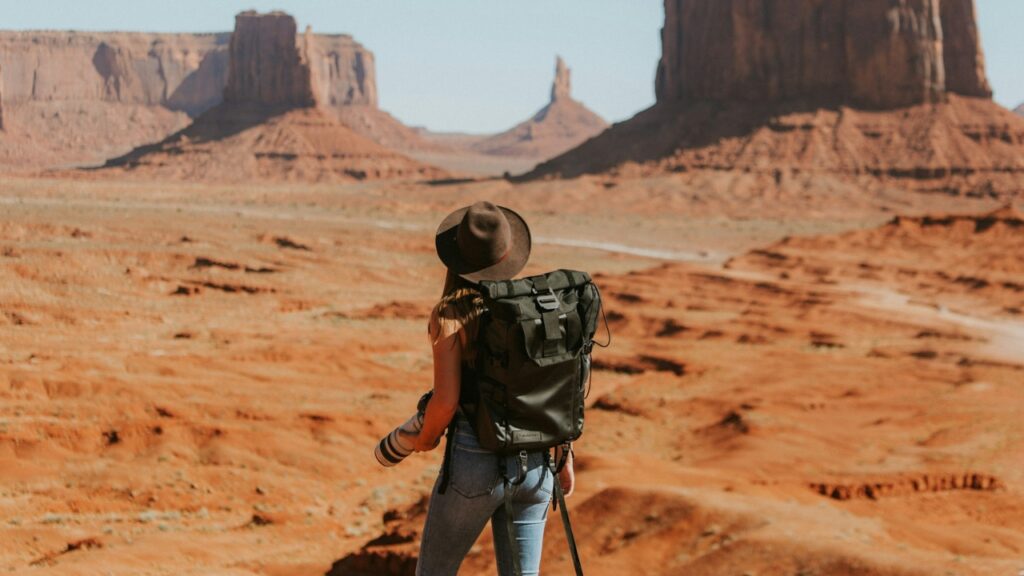
Handling logistics, risk calls, and language friction alone stacks small wins into durable self-belief back home. Recent survey snapshots indicate that personal benefits such as growth, self-care, and schedule freedom rank among the top motives for going solo, and many travelers later report greater confidence in work and life decisions after adapting to uncertainty on the road.
Self-discovery without social noise

Distance from familiar roles accelerates clarity about interests, limits, and strengths, a theme echoed in first-person accounts and travel psychology. Time alone isn’t a void, it’s a lens; without the need to perform for companions, people notice what truly engages them, which activities restore energy, and which patterns are worth leaving behind, often guiding future choices.
Cultural fluency and empathy

Independent immersion such as ordering food, riding transit, and reading norms deepens perspective-taking and sparks language attempts that lower barriers. Many solo travelers prioritize cultural experiences and everyday immersion because these moments challenge assumptions and broaden empathy, shaping how new places and home are understood.
Social openness on one’s terms

Counterintuitively, being alone often invites more conversations with locals and travelers, widening networks through serendipity. Recent summaries of solo travel trends note expanding interest and communities around traveling alone, while social sharing and online groups make it easier to connect before, during, and after trips, turning solitude into a reliable social catalyst.
Emotional resilience through exposure

First-week nerves and occasional loneliness are common, but acting despite fear builds coping skills that carry forward. Traveler reflections repeatedly show anxiety giving way to agency, aligning with psychological insights that gradual exposure to challenge improves emotion regulation and stress tolerance, making future hurdles feel more navigable in daily life.
Flexibility as a superpower
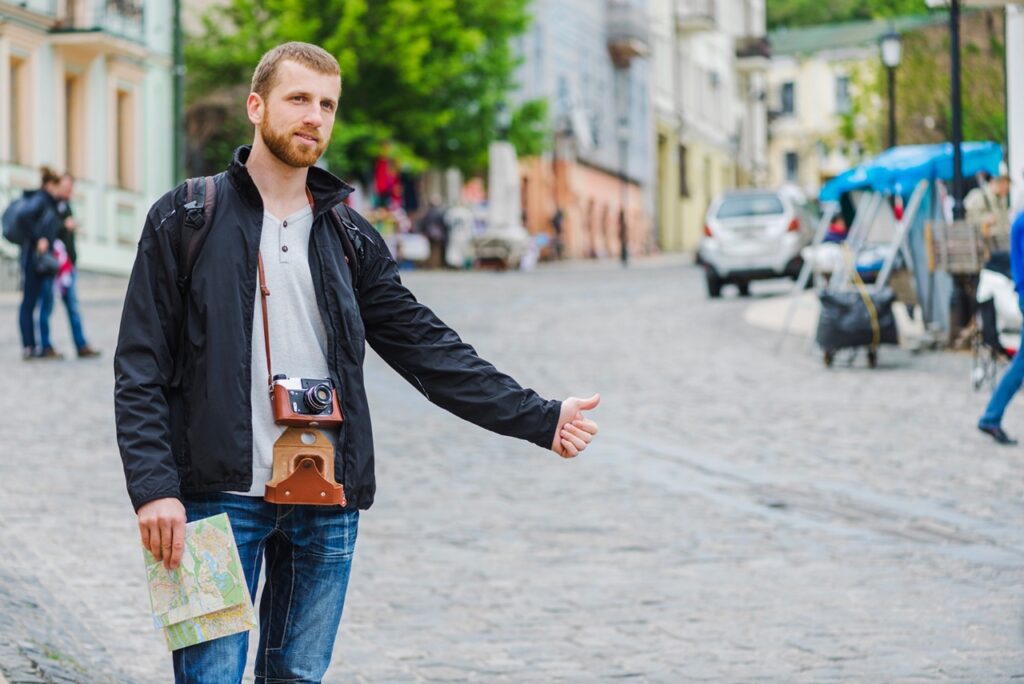
Staying longer when a place resonates or pivoting on a local tip yields more vivid, personal memories than a fixed itinerary. Solo advice consistently elevates spontaneity as a core advantage, unlocking moments that feel more alive precisely because they weren’t negotiated or pre-scripted, and because choices reflect real-time curiosity rather than a timetable.
Sharper decisions and problem-solving
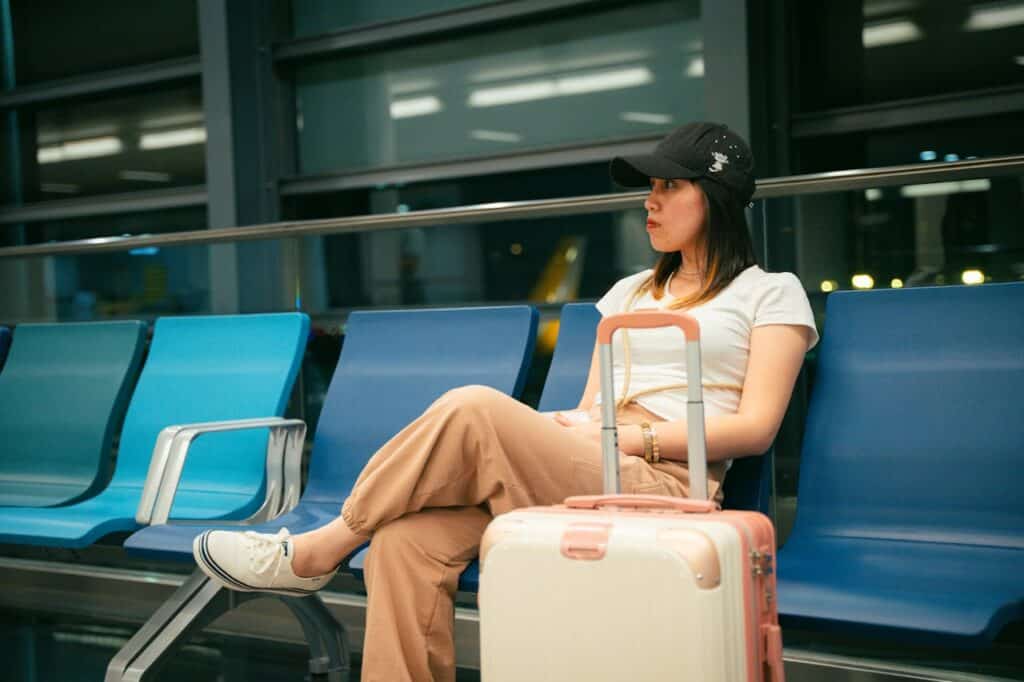
Every route, budget, and safety choice is on the traveler, multiplying reps of judgment under ambiguity and improving adaptation when plans shift. Many solo travelers report lasting improvements in planning and decisiveness after trips, with autonomy functioning as both a key motivation and a learned outcome that continues to shape future travel and daily life.
Solitude that actually nourishes
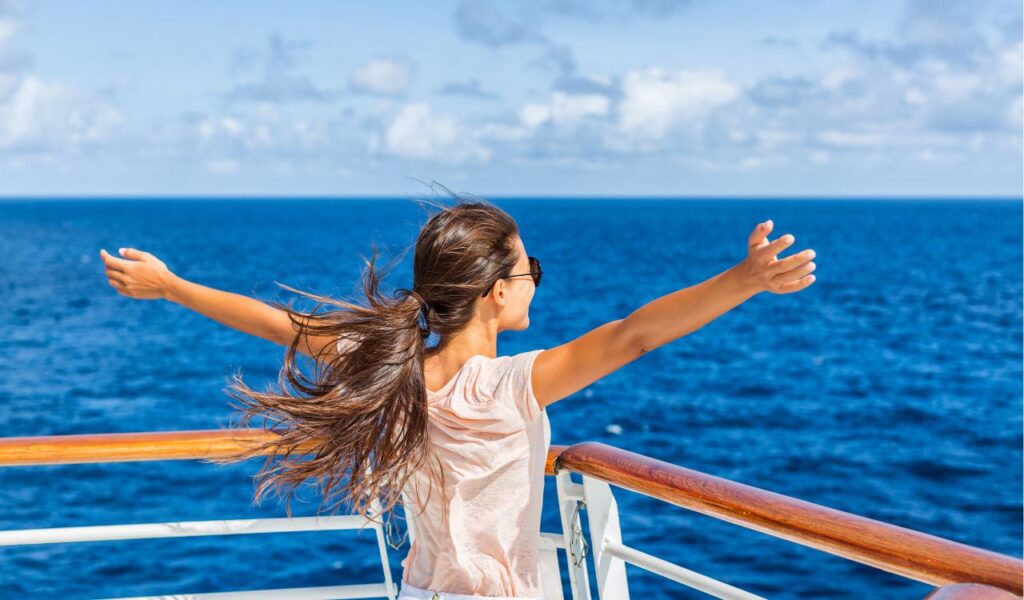
Alone time fuels creativity and honest reflection; many describe growing comfortable in their own company and using unstructured time to think deeply. These benefits are echoed in travel psychology discussions of restorative solitude, and in personal accounts that frame time alone as a feature, an essential ingredient in noticing, processing, and remembering more.
Healthier pacing and self-care
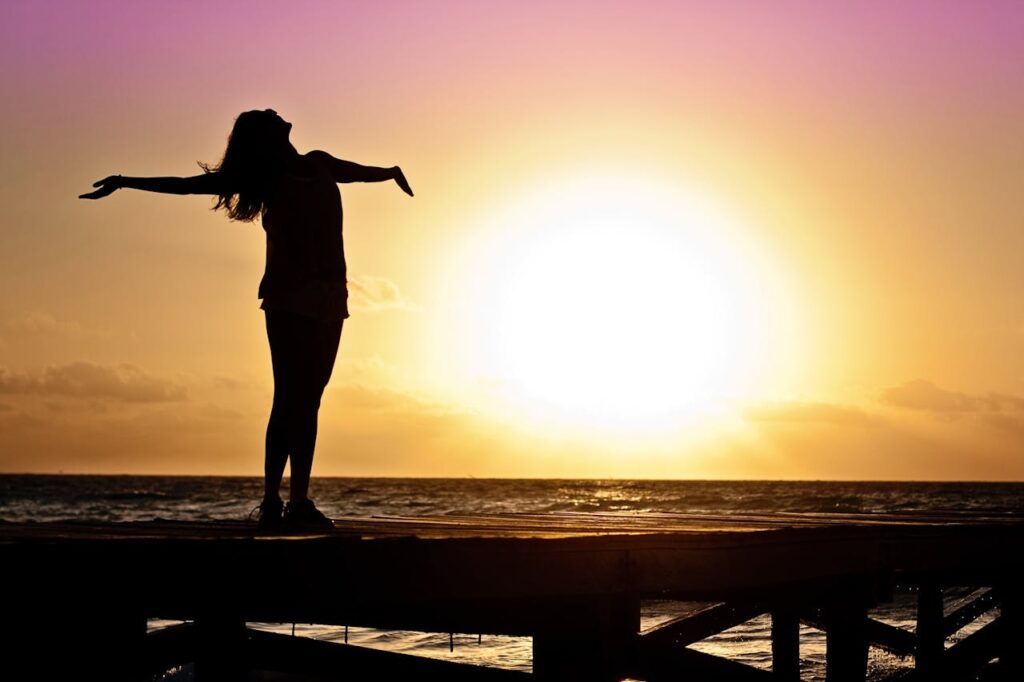
With only one body and mind setting the rhythm, burnout drops, and slow mornings, rest days, and mindful pace become part of the journey, not indulgences. Survey narratives increasingly mention well-being and self-care as core solo motives, reflecting how personal tempo can improve experience quality, memory, and satisfaction during and after a trip.
Independence that sticks
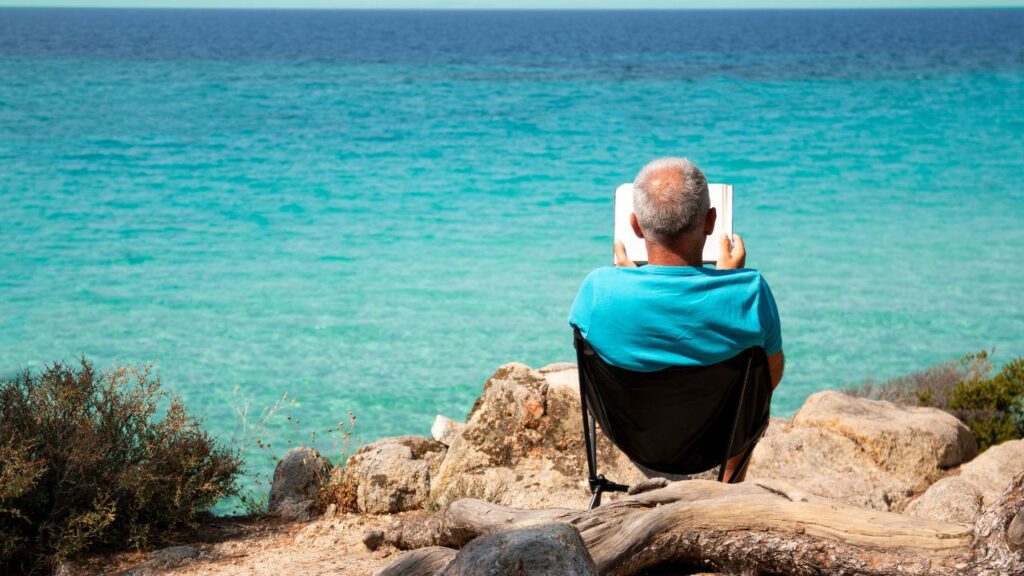
Trusting instincts, setting boundaries, and resisting unhealthy comparison become normalized, with ripple effects in relationships and choices after the trip. Many solo guides encourage owning decisions rather than outsourcing validation, and travelers commonly report that the self-reliance built abroad continues to support clearer action and firmer priorities at home.
The catalytic afterglow

The first solo trip is often unforgettable and noticeable to others, creating momentum for future journeys as the benefits compound. Multiple trend snapshots show growing intent and repeat solo trips year over year, suggesting that once travelers see the world and themselves differently, they’re motivated to keep building on that shift with new destinations and deeper goals.